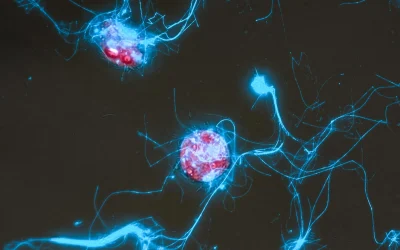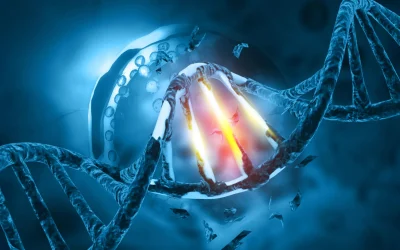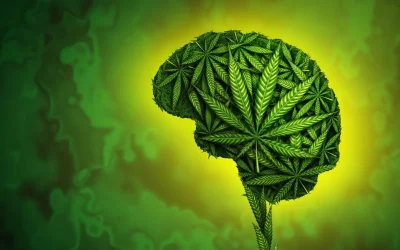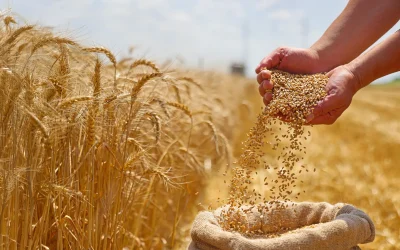
Glowing sugars show how microbes eat the ocean’s carbon
A group of chemists, microbiologists, and ecologists has developed a molecular probe (a molecule designed to detect e.g. proteins or DNA inside an organism) that glows when a sugar is broken down. Writing in the journal JACS, the researchers describe how this innovation makes it possible to observe the microscopic competition between algae and the…











